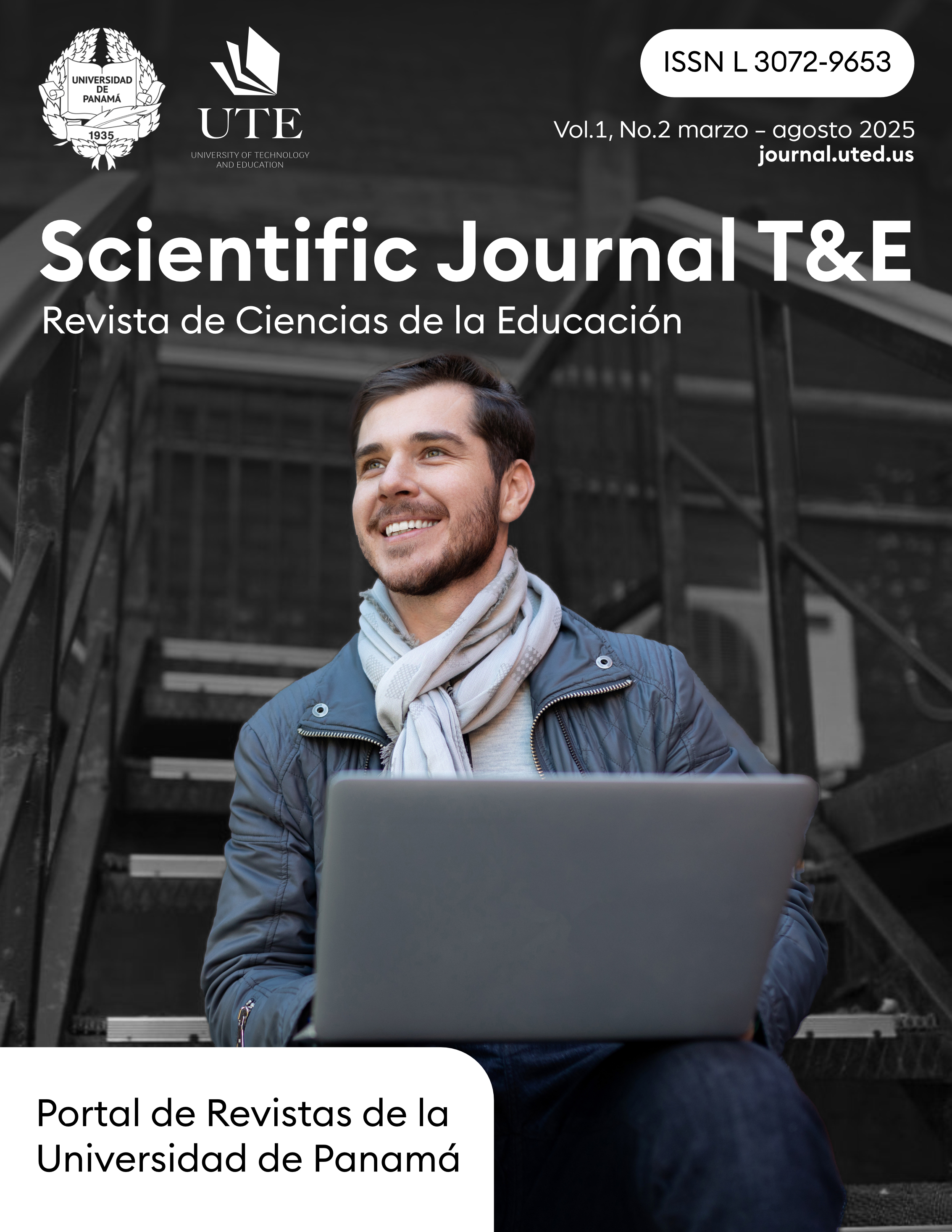

Copyright (c) 2025 Scientific Journal T&E

This work is licensed under a Creative Commons Attribution-NonCommercial-ShareAlike 4.0 International License.
This article analyzes the persistent problem of reading comprehension in the Colombian educational context, despite the public policies implemented to strengthen education and the development of reading skills. It examines the approaches that have guided language teaching, highlighting the meaningful approach as an alternative to the limitations of traditional linguistic perspectives. The central objective is to analyze the impact and relevance of these approaches in current pedagogical practices, investigating how the meaningful approach integrates and transcends the linguistic and communicative approaches to facilitate the construction of meaning and knowledge.
The methodology employed is document review and analysis, using sources such as official documents from the Ministry of National Education of Colombia (MEN), key academic works on linguistics by authors such as Chomsky and Hymes, and studies on the meaningful approach by Rincón. The critical analysis of these materials makes it possible to identify the theoretical foundations, pedagogical implications, and inherent limitations of each approach.
The study reveals an evolution in language teaching from the linguistic approach, which focuses on the innate structure of language, to the communicative approach, which emphasizes the social and cultural context. The meaningful approach is presented as an overcoming synthesis, where language acts as a tool for the construction of meaning and knowledge through sociocultural interaction. It is argued that the complexity of language requires a sociocultural analysis, recognizing that language is a cultural heritage that reflects and shapes the identity, social practices, and processes of knowledge construction in a community.
In conclusion, the meaningful approach represents an advance in language teaching by integrating linguistic, communicative, and sociocultural dimensions in the process of meaning construction, promoting a deeper understanding of how language is used to interact with the world and build knowledge. This approach overcomes the limitations of models that focus exclusively on grammatical structure or superficial communication.